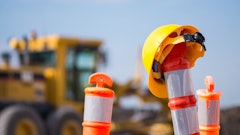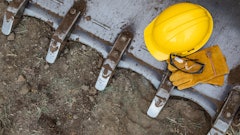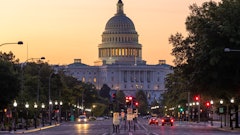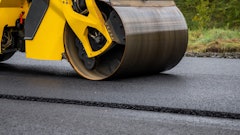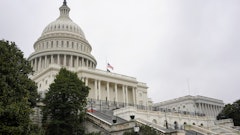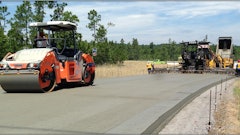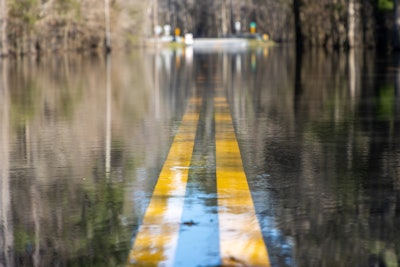
As of today, hurricane Milton is barreling towards central Florida as the fifth strongest hurricane ever recorded. It was barely two weeks ago that hurricane Helene tore through the southeastern states, unloaded historic levels of rainfall, and destroyed vasts amount of infrastructure along the way. The U.S. Department of Transportation's Federal Highway Administration (FHWA) announced the immediate availability of $100 in Emergency Relief funds for North Carolina's Department of Transportation (NCDOT) to help cover costs associated with the recovery work currently underway rebuilding essential corridors damaged by the storm.
From a press release put out by the FHWA's office:
“Working in close coordination with North Carolina, we are providing this initial round of funding so there’s no delay getting roads repaired and reopened, and re-establishing critical routes,” said U.S. Transportation Secretary Pete Buttigieg. “The Biden-Harris administration will be with North Carolina every step of the way, and today's emergency funding to help get transportation networks back up and running safely will be followed by additional federal resources.”
“It has been devastating to witness scenes of the North Carolina families, neighbors, and communities destroyed by Helene explain what it means to have access to significant aid relief slowed or even cut off,” said Acting Federal Highway Administrator Kristin White. “I am proud to say that the FHWA has been working tirelessly, shoulder-to-shoulder, alongside North Carolinians to restore community connections and support emergency response disaster recovery efforts.”
In some areas hurricane Helene resulted in rainfalls greater than ever recorded, in excess of a 500 year downpour in a span of just a few days. Landslides, rock falls, road washouts, bridge collapses, and persistent flooding across the area have resulted in some communities being cutoff from the rest of the world. This included damage to I-40 at several locations.
The ER funds sent by the White House will help NCDOT act more quickly and fund eligible repairs to several damaged areas. These monies are intended as an "quick release" infusion of funding, but much more will be needed to repair all the damage done. FHWA’s Emergency Relief program provides funding to states, territories, tribes, and Federal Land Management Agencies for highways and bridges damaged by natural disasters or catastrophic events.
Running Low And More To Go?
The administration has also been vocal about the need to pass additional funding measures through an emergency reconvening of Congress, which is currently on hiatus. A CNN article stated that the Small Business Administration's (SBA) disaster relief program, which lends up to $2 million to businesses and $500,000 to homeowners with destroyed property due to situations like those in the wake of Helene. Additionally, the Economic Injury Disaster Loan program helps businesses make payroll. According to officials speaking to the outlet, "The program needs approximately $1.6 billion in additional funding to meet the needs of the roughly 3,000 new applications it's receiving per day."
The administration already requested $4 billion in disaster funds to help with recoveries for the Key Bridge collapse, the Maui wildfires, and other severe storms that wreaked havoc on the midwest, but that request was not included in the most recent short-term funding deal which the government is currently operating under. Speaker of the House, Mike Johnson (R), has publicly stated that it is highly unlikely he will call on lawmakers to return to Washington early.
Instead, Johnson has indicated that a more robust aid package would need to be considered in a broader capacity after the election next month, when the congress is set to convene on November 12.
The question hovering over the Southeast right now is what things will look like a week from today. Once Milton has passed over of the state of Florida, it may force the hand of congress to get more emergency money in the hands of the states suffering from repeated, climate-fueled natural disasters.










